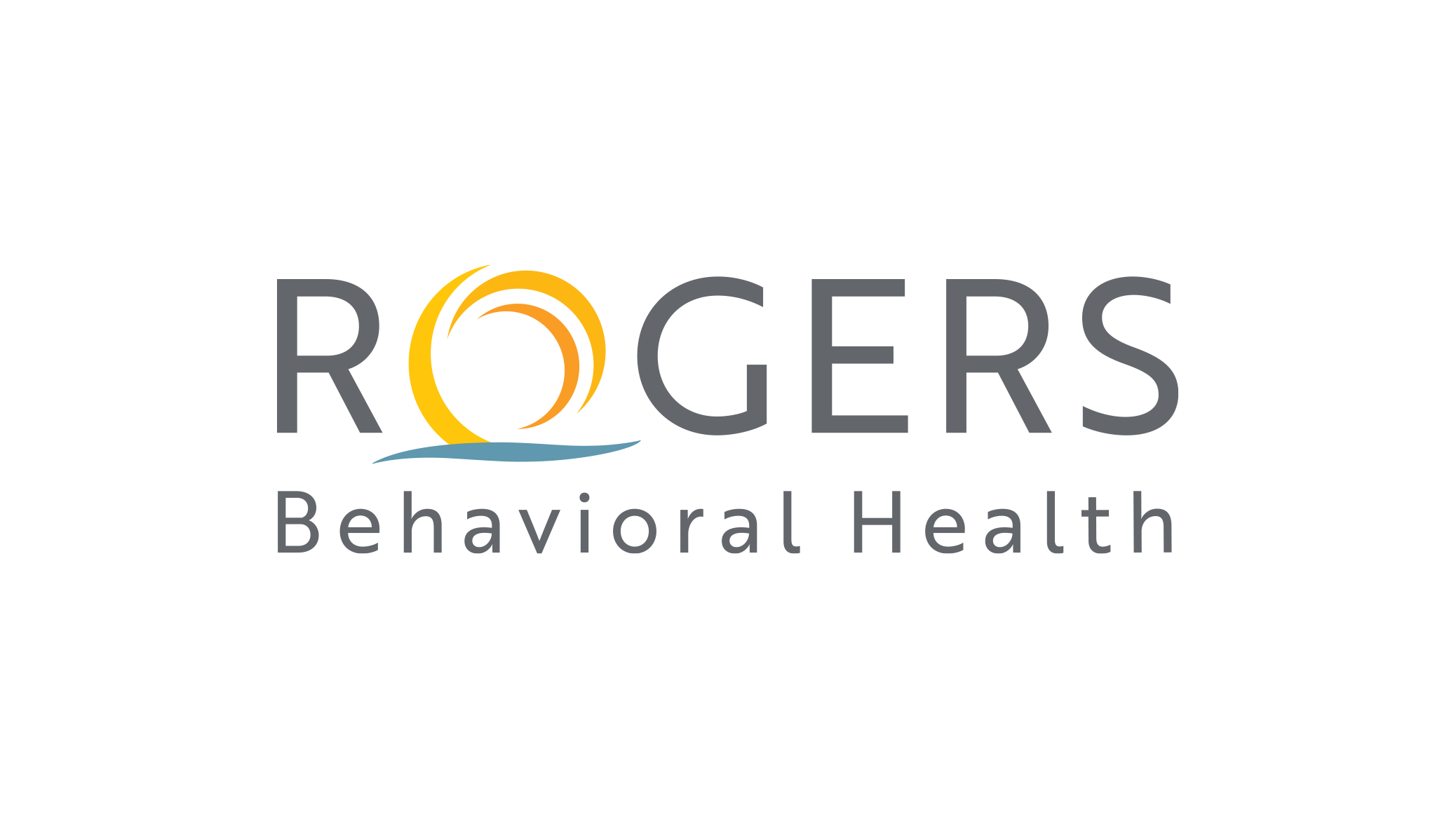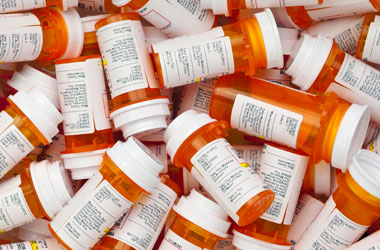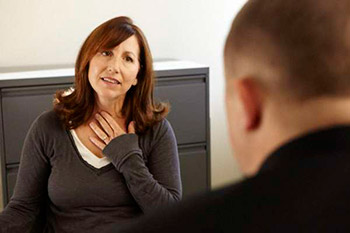The fifth edition of the Diagnostic and Statistical Manual of Mental Disorders, commonly referred to as DSM-5, helps clinicians diagnose mental disorders that aren’t as…
Believe it or not, the first attempt to gather information about mental health was done to collect statistical information for the 1840 census. In fact,…
Obsessive-compulsive disorder (OCD) is characterized by obsessions or compulsions leading to distress, thereby interfering with overall functioning. Although a diagnosis of OCD only requires the…
As parents, friends and family members, we’re consistently reminded to keep our medications out of sight and reach. For many, the assumption is that this…
Addiction and mental illness: a circular relationship where one often feeds the other. There are cravings, obsessions and addictions that initially seem to solve issues…
Making the decision to send a child or teen to a residential treatment facility is often difficult for families. Programs like the Child Center’s Parent…
When a traumatic event occurs in someone’s life, it is expected for them to react with acute stress or even shock. It’s when the acute…
Often times when people hear the term “disordered eating,” they assume it’s another way of saying one has an eating disorder. However, these terms are…
Mental Health affects everyone; mental health issues affect about 80% of people in one way or another. Chances are you know someone who is or…
Cognitive-behavioral therapy, or CBT, for depression really started in the 1960’s with behavioral therapy treatments focusing on activity scheduling. CBT today still includes many of…








